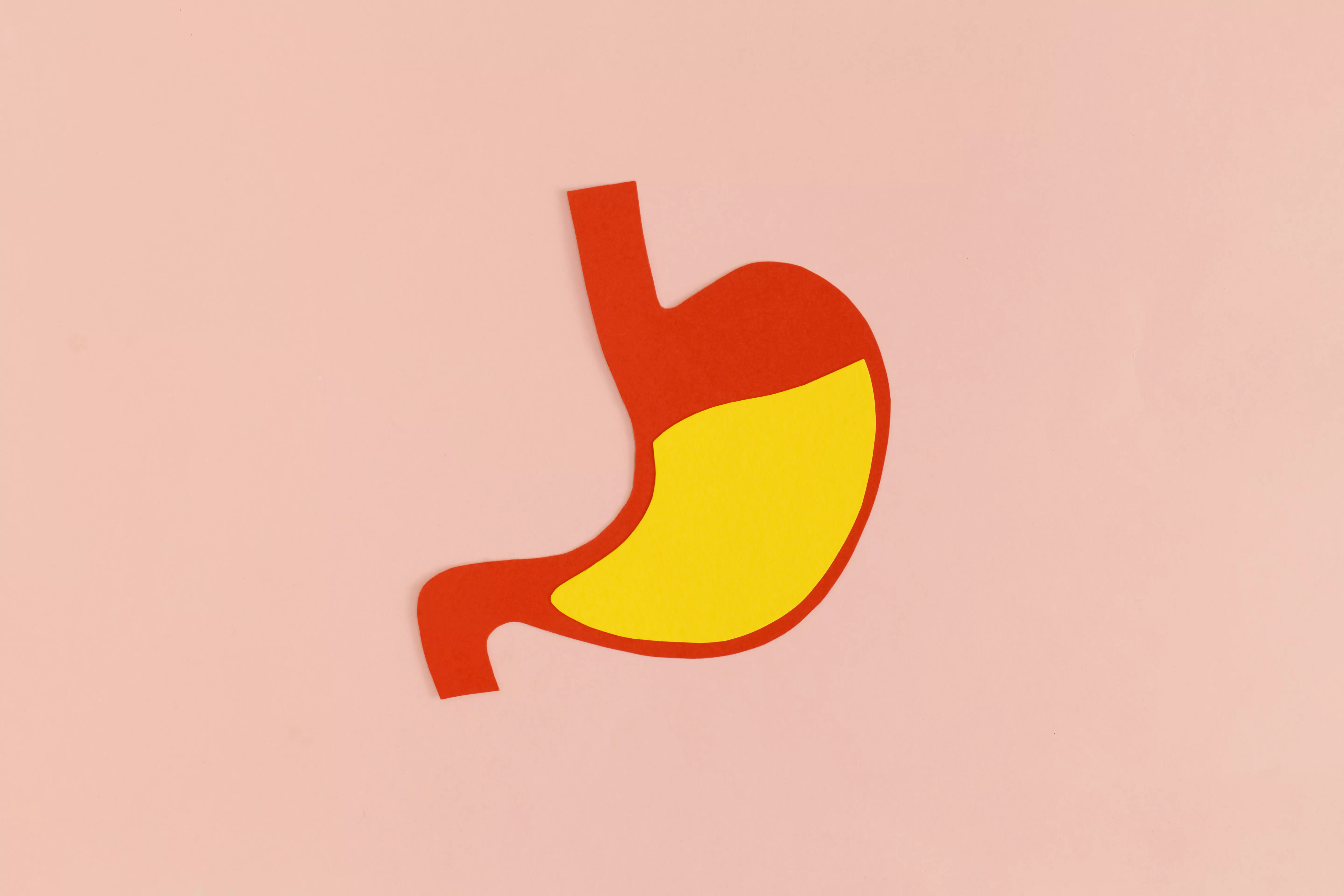Stomach ulcers causes, symptoms and treatment methods
Stomach ulcers are a condition that affects an increasing number of people around the world. They cause a lot of discomfort and pain, but proper treatment can bring relief and improve the patient's quality of life. In the following article, we will present the causes, symptoms and effective treatments for stomach ulcers.
Causes of gastric ulcers
Helicobacter pylori is a bacterium that is the most common cause of stomach ulcers. It infects the mucosa of the stomach or duodenum and causes tissue damage. The Helicobacter pylori bacterium is the main cause of gastric ulcers, but not everyone infected also develops the condition.
Excessive production of gastric acid when the body produces too much hydrochloric acid, this can lead to damage to the gastric mucosa and the formation of ulcers. Factors such as stress, smoking and drinking alcohol can affect excessive stomach acid production.
An improper diet eating spicy, fried and spicy foods can lead to stomach irritation and ulcer formation. Also, irregular consumption of food or excessive consumption of coffee and carbonated drinks can affect the development of this condition.
Use of certain medications Certain medications, such as non-steroidal anti-inflammatory drugs (NSAIDs) or anti-coagulants, can cause stomach ulcers. It is important to always consult your doctor or pharmacist before taking any medications.
Symptoms of stomach ulcers
Stomach ulcers can manifest with a variety of symptoms, which can sometimes be confused with other conditions. The following are the most common symptoms of stomach ulcers:
Abdominal pain pain in the stomach is a characteristic symptom of ulcers. The pain may occur on an empty stomach or worsen after eating food. Often patients describe it as a burning or burning sensation in the stomach.
Nausea and vomiting Stomach ulcer sufferers often experience nausea and vomiting, especially after meals.
Heartburnand indigestion a burning sensation in the esophagus and digestive problems can indicate the presence of stomach ulcers. Heartburn is a common accompanying symptom that gives a burning and sour feeling in the throat.
Loss of appetite and weight loss People with stomach ulcers often lose their appetite and lose weight. This is due to feelings of fullness and abdominal pain, which make it difficult to take in food normally.
Treatment methods for stomach ulcers
Depending on the causes and severity of stomach ulcers, there are several effective treatment methods. Remember, however, that each case is individual and requires consultation with a gastroenterologist.
Pharmacological treatment Your doctor may prescribe medications that will reduce gastric acid production and increase mucosal protection. Examples of such drugs include proton pump inhibitors (PPIs) and H2 receptor antagonist drugs.
Eradication of Helicobacter pylori bacteria if the cause of ulcers is Helicobacter pylori infection, antibiotic treatment is necessary. This treatment requires the use of several different drugs at the same time for a specified period of time.
Lifestyle changes A healthy lifestyle can support the healing process and reduce the risk of stomach ulcer recurrence. It is important to avoid stress, smoke and avoid eating fatty and spicy foods. Meal regularity and increasing fiber and fluid intake are also important for stomach health.
Surgical treatment In cases of complications or when other treatments fail to improve, surgical removal of the ulcer may be necessary. This is usually a last resort and only used in exceptional situations.
In conclusion, stomach ulcers are a common condition that can be effectively treated. It is worth paying attention to your health and reacting to symptoms as they appear. If you have any doubts, always consult your doctor, who will select the appropriate treatment methods.